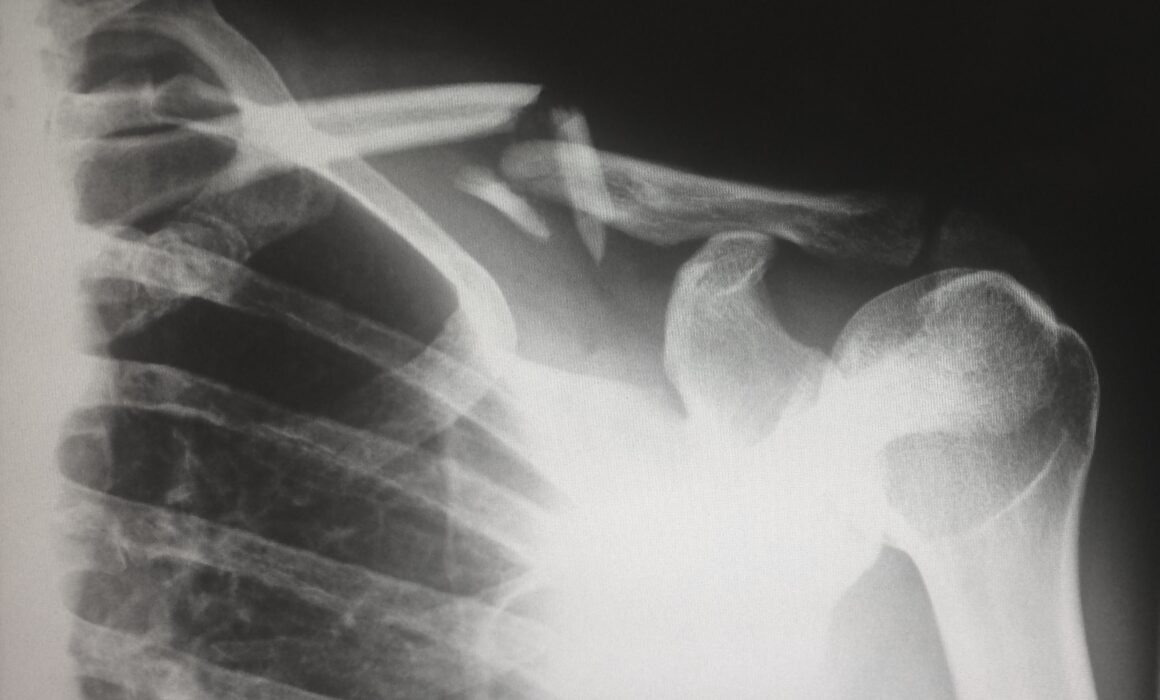As an employee in the state of Florida, you may have heard of worker’s compensation insurance. But what exactly is it? And what does it cover? Rest assured. We’ve pulled together the most frequently asked questions, to give you a good knowledge of what this insurance is all about.
Q: What is Worker’s Compensation Insurance?
A: Worker’s compensation insurance is a coverage that’s paid by your employer, at no cost to you. Because of the rate of injuries that happen at work, and because of the conflicts and lawsuits that can emerge, the state of Florida requires most businesses to have workers compensation insurance, which is also known as workers comp. As a result, any employee that sustains an injury while at work can avail of workers comp.
Q: What are my responsibilities?
A: As an employee, you have certain health and safety obligations that pertain to your work, to make sure that your workplace is as safe as it can be for you, your colleagues, and clients. That means that you must avoid taking unnecessary risks, follow health and safety rules and guidelines as set out by your employer, attend any mandatory safety training, and not be under the influence of drugs and alcohol in the workplace. You also have a responsibility to report all accidents as soon as they happen to your employer.
Q: What does workers comp cover?
The most reasonable and necessary medical care is covered if you get sick or injured due to your job. Workers comp is a type of insurance, and it covers:
- Medical bills
- Lost wages
- Medical equipment
- Prescription medication
- Income replacement
- Certain job replacement benefits
Naturally, the extent of benefits cover very much depends on the severity of the injury sustained, and whether the injury results in temporary or permanent disability.
Let’s take the example of a wet floor at work. The office clerk slips and breaks her foot. Her medical bills are covered, however she is able to return to work so there is no income replacement. Now, let’s imagine that the maintenance worker falls and breaks his foot. He cannot carry out his repair and janitorial work, so his medical bills are covered plus lost wage and income replacement for several weeks. Of course, if an employee were to suffer paralysis due to an accident, this would be seen as total disability, and workers comp may have to replace the income for the remainder of his or her life.
Q: How do I qualify for worker’s comp benefits?
A: In order to qualify for worker’s comp benefits, at least half of the injury must have occurred at work. For example, slipping at home and injuring your knee and then making the injury worse at work does not qualify you for benefits. It’s important to note that you may not qualify for other reasons, including:
- If your injury is intentionally self-inflicted
- If you are under the influence of drugs or alcohol at work
- If you have refused to comply with the health and safety rules at work or refused to wear the PPE (personal protective equipment)
Q: What if my employer doesn’t have workers comp?
A: Some business owners skip workers comp insurance to cut corners, especially if they believe that the workplace doesn’t carry risk. It’s the law to have this cover, so they could face some serious consequences if this is not in place, and the Florida Department of Financial Services regulates and inspects companies. However, some employers are exempt under Florida law from having to carry workers compensation coverage, and if they have three or less employees with certain exceptions, it is not required. Specific industries such as construction require workers compensation coverage with just one employee in addition to the owner of the company. If you’re not sure, you can call Michael Mastrogiovanni to answer your questions.
Q: What about third-party responsibility?
A: In some cases, a third-party may be named in a lawsuit – for example, if faulty or malfunctioning machinery was involved, or if you were involved in an automobile accident in your work vehicle and the other driver is at fault.
Guiding you
There’s a lot to know about workers comp. It’s important to talk to someone that you trust – someone in your corner. Michael Mastrogiovanni is experienced in the field of worker’s compensation, and he knows the law. Get in touch for a free consultation to learn more.

